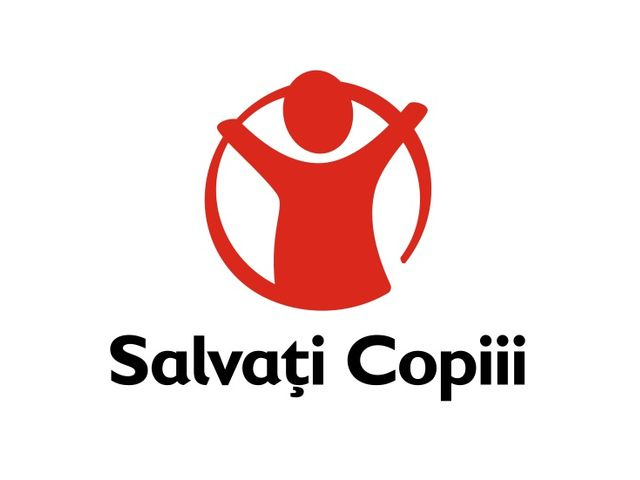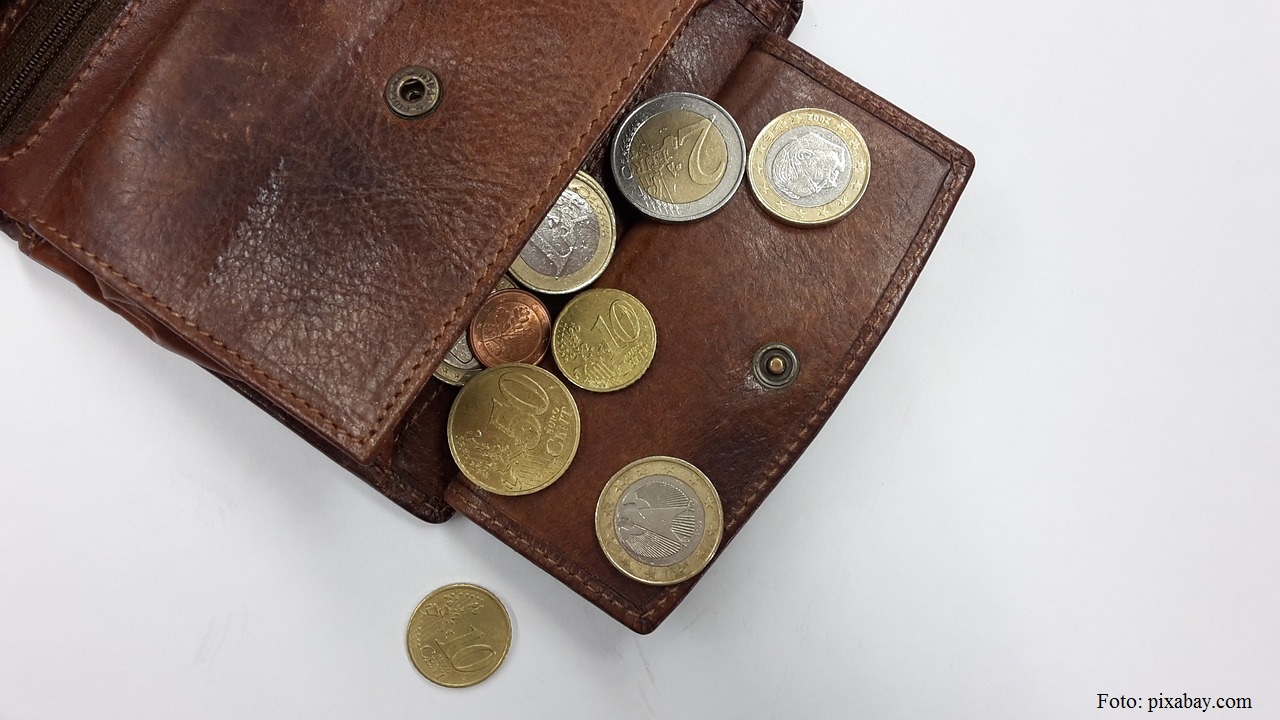Sore points of the situation of children in Romania
Recently, the organization Save the Children Romania published an x-ray of the situation of minors in our country

Christine Leșcu, 07.08.2024, 14:00
Recently, the organization Save the Children Romania published an x-ray of the situation of minors in our country, their conclusions including 10 extremely critical points. Among them are problems that have been going on for many years and which, although well known, have not been corrected. For instance, one out of five Romanian children does not finish school on time, annually over 7,000 Romanian children are born to underage mothers, almost 1,200 of these mothers are on their second or even third birth, over half a million children have recently had at least one parent who went to work abroad, and in the countryside, the infant mortality rate continues to be significantly higher compared to the urban areas (6.5 vs. 4.2 per thousand). Besides these problems, there are others, perhaps less discussed in the public space, but equally serious. One of these problems concerns the emotional or mental health of children. More than 41% of 15-year-old girls have sleep-related problems, while 57% of them frequently feel nervousness.
The advocacy director of the Save the Children organization, George Roman, draws attention to this issue: “Emotional wellbeing refers to the way in which the authorities understand how to invest in the mental health and protection services for children who need extra support, such as children with special educational needs or children with disabilities. And we dont have any positive scores. Even the World Health Organization highlighted the fact that there are children in Romania with problems related to sleep and self-control. Sometimes they feel isolated, excluded from their groups, in educational institutions or in the community. They need money to have psychological counseling sessions, because the social services, the general directorates for the protection of childrens rights have a very limited number of psychologists, not all of them are trained to provide counseling or psychotherapy, and there are few and overcrowded non-governmental organizations. For example, at the Save the Children Organization Mental Health Center children have to wait for several months, between 3 and 6 months, to benefit our free-of-charge services.”
Part of the childrens emotional problems are also caused by the lack of parents who have gone to work abroad. Moreover, the mirage of going abroad also attracts the young people, who seem to have grown up with such ideas in mind.
George Roman: “More than half of the children do not want to remain in Romania, and two of the essential reasons mentioned by the children are related to the quality of the education system. About one third of them said they want to leave because of this very issue, because school is not attractive, and they cannot achieve professional and educational development in Romania. But there is also an important number of them, quite significant in our opinion, who want to leave because here they feel the threat of poverty: between 21% and 22% of the children have said that. They don’t want to live as poor people in Romania, but go and try their luck in other countries, and many most probably took the example of their own parents.”
Another extremely serious aspect is sexual abuse. Out of all criminal complaints involving victims among minors, less than 20% end up with the indictment of the aggressors. The advocacy director of the Save the Children organization, George Roman, is back with details: “We seem to be the least interested in fighting this phenomenon of sexual abuse. Apart from several well-trained professionals in the legal system, there is little investment in social policies at the national level. I can give you an example, a program that Save the Children organization has developed in the past two years jointly with the General Directorate for the Protection of Children’s Rights in Bucharest’s District 6. This is, I believe, one of the few examples in which a child involved in legal situations receives the necessary protection during the hearings, so that they can avoid further trauma or stress caused by these hearings which are quite numerous, sometimes their number reaching 14. A child who has been the victim of sexual abuse would otherwise be forced to recall the trauma he or she experienced before all those who are directly or indirectly involved in legal procedures. And I am speaking here about the repeated hearings with police officers, prosecutors, courts and other institutions.”
In the very few situations in which sexual abuse cases against minors are brought to courts, the aggressor is rarely indicted and 3 out of 5 sentences are suspended. Which means the aggressors can return to the community where their victim also lives, says George Roman, advocacy director with Save the Children organization. He hopes that the X-ray of the situation of children in Romania will also register improvements next year. (LS, db)






























